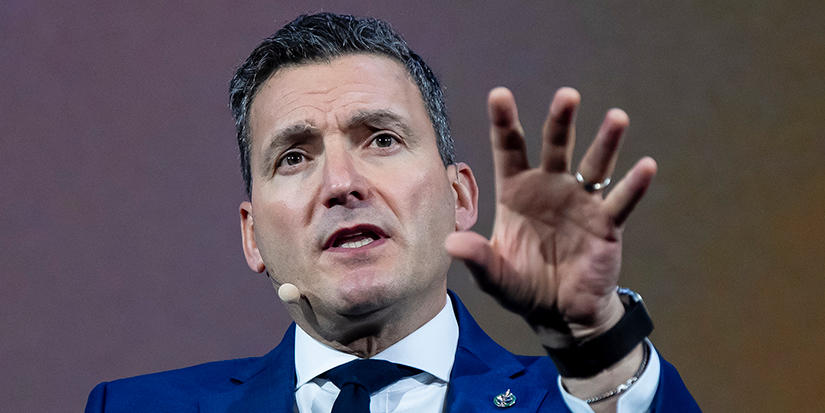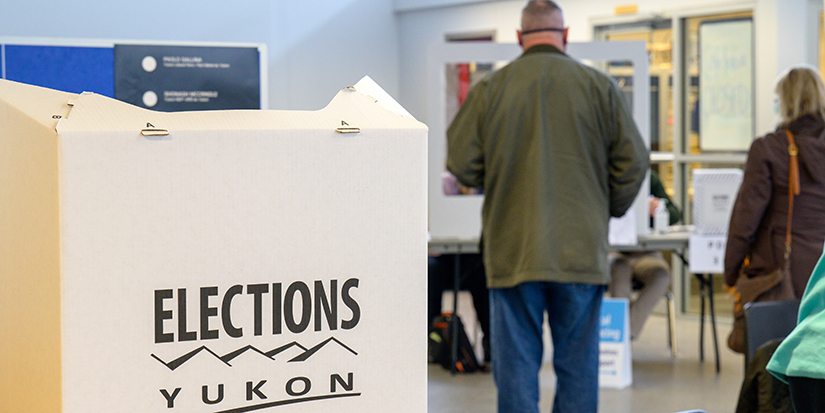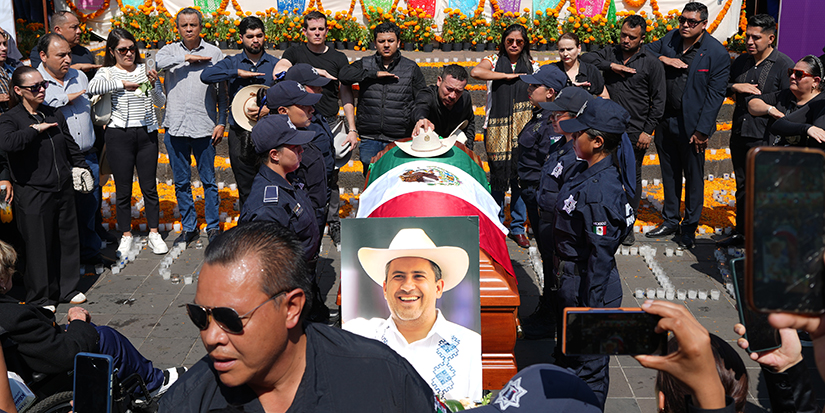Latest News
More Richmondites to have a safe place to lay their heads
Throughout North America, it’s clear co-operation among all levels of government is needed to end homelessness. In a step towards that goal, a new shelter opened in Richmond last week.
Throughout North America, it’s
clear co-operation among all levels of government is needed to end
homelessness. In a step towards that goal, a new shelter opened in Richmond
last week.
“By working together, we offer
residents experiencing homelessness a safe space, and the opportunity to take
the first step toward achieving stability in their lives,” says Richmond mayor
Malcolm Brodie of the 36-bed shelter that opened July 10 on Horseshoe Way, near
No. 5 Road and Steveston Highway.
Homelessness costs us all, big
time.
According to the Canadian
Observatory on Homelessness, homelessness costs the Canadian economy $7.05
billion annually, or about 20 times what the federal government has available
to spend on cancer research. That $7 billion includes provision of emergency
shelters and community supports, but also accounts for the increased costs of
emergency services (including fire, police and EMS), health care, and the
criminal justice system.
Those coping with profound mental illness are over-represented among the homeless and among those incarcerated. While most people with mental illness are more likely to be victims of crime rather than perpetrators,according to Richmond RCMP spokesperson Cpl. Dennis Hwang, “All RCMP officers deal with calls involving persons with mental health related issues. This is a reality of policing in general.”
The local detachment does have a special mental health team. Hwang says they are, “Tasked with examining the highest priority cases.”
According to the Observatory on
Homelessness, the financial costs per homeless person are vast. Institutional
responses (jails, hospitals, etc.) cost $66,000 to $120,000 annually and
emergency shelters between $13,000 and $42,000 annually.
Supportive and transitional
housing costs $13,000 to $18,000 and affordable housing without supports costs
between $5,000 and $8,000.
That means, leaving Richmond’s
estimated 72 homeless people on the streets would cost us between $5 million
and 8.6 million every year.
While supporting people on a
journey towards better health and affordable housing would eventually cost us a
total of $360,000 a year for all
72, or $416 per month per person.
Proving once again that kindness
is cost-effective.
Managed by The Salvation Army,
the new shelter offers spaces for men and women, with options for couples. It
meets an immediate need for drop-in spaces for women in our community as well.
Open 24 hours a day, year-round,
the shelter has a dining room where meals are provided, a commercial kitchen,
and places to do laundry and to have showers. Until now, being homeless meant
wearing the same unwashed clothes, carrying all your belongings with you all
the time, and having little access to showers.
Richmond’s former shelter was
small and only for men. Its closure was necessitated because the
privately-owned land on which the building sat has been sold.
A group consisting of the city,
provincial government, faith communities and a variety of agencies all
contributed to the project which consisted of finding the land, purchasing it,
and renovating the location to make a state-of-the art home for those living on
the streets.
Many of Richmond’s homeless
struggle with physical and mental health issues that sometimes lead to self-medication
through substance abuse. In conjunction with the Anne Vogel Clinic, operated by
Vancouver Coastal Health, among many other support options, people with complex
medical and mental health needs can seek refuge and treatment through an
integrated effort.
The new shelter is wheelchair
accessible with a bright, covered courtyard and an outdoor garden area.
The federal “Housing First”
policy has been embraced by Richmond City Council because they recognize it’s
hard to get healthy without a home. The policy says clearly that a community’s
first goal should be a home. Then a person’s complex medical, social and
psychiatric needs can be addressed, including substance abuse.
The goal of the new shelter
echoes the policy, offering a first step towards better health, a safer home,
and a better life.
Supportive housing, like that
offered in modular housing, shelters and transition homes can save Canadian
taxpayers billions.
Whether the goal is to “clean up
the streets,” offer compassion to those in need, or to save money, the new
shelter is one option among many in a cooperative strategy to end homelessness.
Selina Robinson, B.C.’s Minister
of Municipal Affairs and Housing says, "It's important that people in need
know there is a safe, warm place for them, with training and supports to help
them move forward in their lives right here in Richmond."
Major Kathie Chiu, corps officer
and executive director, Salvation Army Richmond says, "We are very
grateful to the City of Richmond and the provincial government for this project
and our ongoing partnership. Together we are giving people hope today and every
day."



































